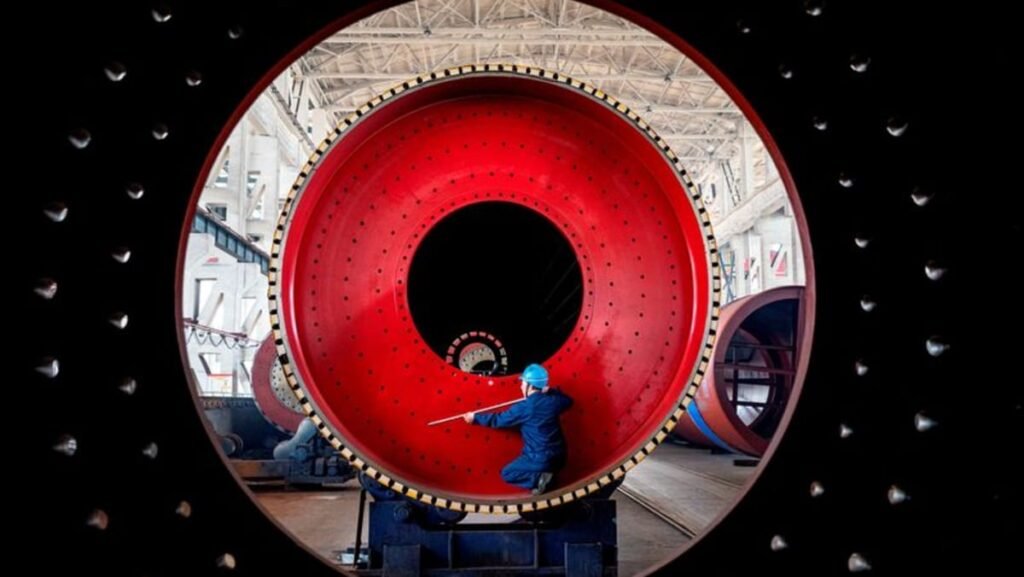BEIJING: A recent private-sector survey revealed that China’s manufacturing activity declined in May for the first time in eight months, suggesting that US tariffs are beginning to significantly impact the country’s manufacturing sector.
The Caixin/S&P Global manufacturing PMI dropped to 48.3 in May from 50.4 in April, falling short of analysts’ expectations in a Reuters poll and indicating the first contraction since September of the previous year. This also marks the lowest level recorded in 32 months.
The 50-point threshold distinguishes between growth and contraction.
This outcome aligns with China’s official PMI reported last Saturday, which indicated a second consecutive month of decreased factory activity.
A federal appeals court has temporarily reinstated the broadest US tariffs just a day after a trade court ruled that President Donald Trump overstepped his authority when he implemented these duties, leading to an immediate halt on them.
US Treasury Secretary Scott Bessent stated on Thursday that, just two weeks after significant negotiations which resulted in a temporary truce in the trade conflict between the two largest economies, the discussions are currently “a bit stalled.”
Last week, China’s Premier Li Qiang mentioned that the country is considering new policy options, including some “unconventional measures,” which will be rolled out as circumstances change.
The Caixin survey indicated that new export orders decreased for the second month in May, experiencing the fastest drop since July 2023. Producers noted that the US tariffs are hindering global demand.
This decrease has brought overall new orders down to their lowest level since September 2022.
Factory production also contracted for the first time since October 2023.
Employment in the manufacturing sector saw its largest decline this year, as companies reduced their workforce.
Output prices have been dropping for six consecutive months due to fierce competition in the market.
In the automotive sector, a growing price war in China has raised concerns about a long-expected shakeout in the world’s largest car market.
Robin Xing, Chief China Economist at Morgan Stanley, stated this highlights how imbalances in supply and demand continue to drive deflation.
“Although there are increasing calls for rebalancing, recent events suggest that the traditional supply-driven model is still in play. Consequently, reflation seems unlikely at this time.”
Interestingly, export charges increased for the first time in nine months, recording the fastest growth since July 2024, as companies pointed to rising logistics costs and tariffs.
Overall, business optimism regarding future output has improved, as companies anticipate an improved trade environment alongside market expansion.

